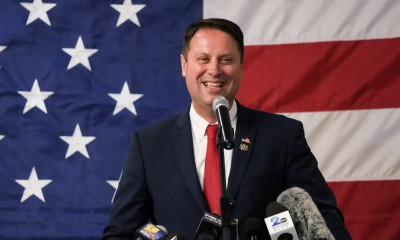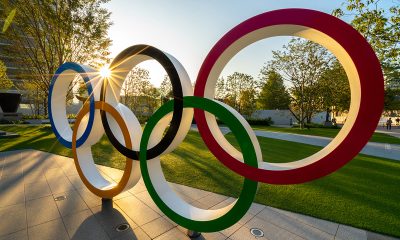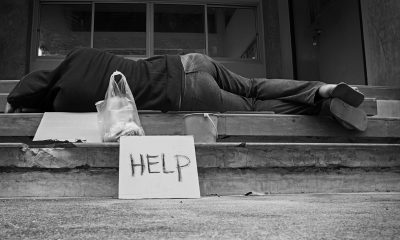Maryland
‘Horrendous crimes:’ Former College Park mayor pleads guilty to 140 counts of child porn
Deal with prosecutors calls for 30-year jail sentence
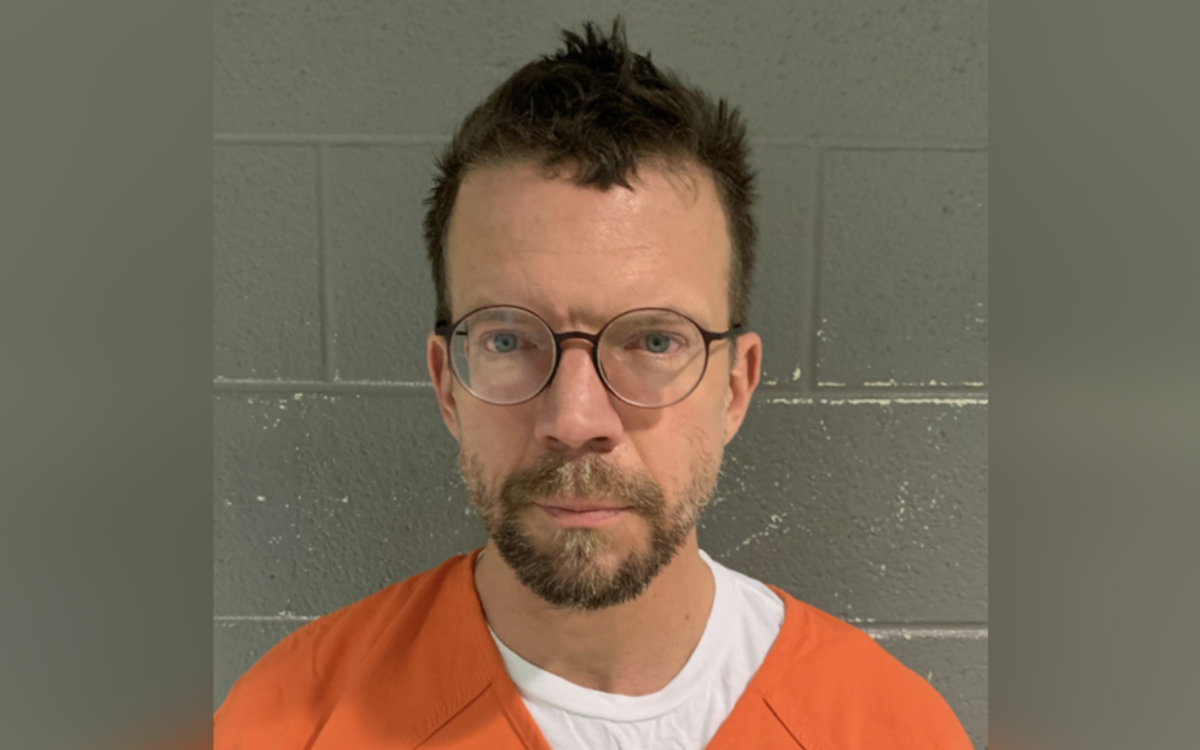
Patrick Wojahn, the gay former mayor of College Park, Md., pleaded guilty in Prince George’s County Circuit Court on Wednesday, Aug. 2, to 140 counts of child pornography related charges as part of a plea agreement offered by prosecutors.
The agreement calls for Wojahn, 47, to be sentenced to 150 years in prison, with 120 years to be suspended, requiring that he serve 30 years.
Prince George’s County Assistant State’s Attorney Jessica Garth, the lead prosecutor in the case, announced the terms of the plea agreement during the Circuit Court hearing, which was listed as a plea hearing.
Garth told news reporters after the hearing that under Maryland’s sentencing rules Wojahan will be eligible to apply for release on parole after serving 25 percent of the 30-year sentence, which could result in his release after seven and a half years.
She said that under the plea agreement Wojahn will receive a mental health evaluation and treatment while in jail and upon being released; he must register as a Tier Two sex offender upon his release; and he will be prohibited upon release from holding a job or a volunteer position involving children. Garth said the plea agreement calls for Wojahn’s probation to last for five years.
As part of the plea agreement, Wojahn pleaded guilty to each of the 140 counts against him handed down in the second of two grand jury indictments. The 140 counts include 60 counts of distribution of child pornography, 40 counts of possession of child pornography, and 40 counts of possession of child pornography with intent to distribute it.
The first indictment against Wojahn came just under four weeks after Prince George’s County police announced on March 2 of this year that they had arrested him on 56 counts of possession and distribution of “child exploitive material.”
Shortly before his arrest and just after police raided his College Park house and confiscated multiple cell phones, a storage device, and a tablet and computer, Wojahn released a statement announcing he had resigned from his position as College Park mayor, for which he had served since 2015.
In his statement Wojahn also said he was cooperating with authorities in their investigation into the charges against him.
“I have cooperated fully, and will continue to cooperate fully,” he wrote. “I am stepping away to deal with my own mental health,” he said. “I ask that you continue to keep me and my family in your prayers.”
The initial police charging documents said Wojahn allegedly had uploaded and/or shared at least 56 videos or still images on the social media app Kik depicting explicit sexual acts between adult men and prepubescent boys, depicting prepubescent boys engaging in sex with each other, or engaging in masturbation.
The police charging documents did not include any evidence or allegations that Wojahn had any direct contact with the juveniles depicted in the pornographic videos or still images he possessed or distributed. And the charging documents also did not include allegations that he was distributing the video or still images of child porn by selling them for profit, only that he was allegedly sharing them with others through the Kik app.
The drama surrounding the Aug. 2 court hearing in which Wojahn pleaded guilty was heightened by an announcement by a court clerk that the hearing, scheduled for 1:30 p.m., would be delayed by at least 45 minutes or more because of a mix-up by jail officials who were supposed to transport Wojahn from the jail where he has been held since his arrest on March 2 to the courthouse, located in Upper Marlboro.
It wasn’t until 3:25 p.m. when a uniformed guard escorted Wojahn into the courtroom while the former mayor was handcuffed and wearing an orange prison jumpsuit.
During the Aug. 2 plea hearing, Judge Karen Mason, who is currently presiding over the case, asked Wojahn to rise from the defense table where he was seated beside his attorney, David Moyse, to answer a series of questions that the judge said must be answered to confirm that he has willingly and knowingly chosen to waive his right to a trial and to plead guilty to all charges.
As part of her questioning, Mason read each of the 140 indictment counts, including their allegations of possession or distribution of child pornography, asking Wojahn if he understands the impact of his guilty plea.
“Yes, your honor,” Wojahn replied repeatedly.
Assistant State’s Attorney Garth told reporters after the hearing that the 30-year sentence called for in the plea agreement is one of the most severe sentences handed down in a Prince George’s County court for a case like the one involving Wojahn.
Judge Mason scheduled a formal sentencing hearing in the Wojahn case for Nov. 20, 2023. Garth said the judge has indicated that she will accept the terms of the plea agreement, including the 30-year sentence with eligibility for parole at 7 and a half years.
Defense attorney Moyse said after the hearing that he prefers not to comment on the plea agreement or the status of the case at this time.
“This is a horrific case,” P.G. County State’s Attorney Aisha Braveboy said in a statement released after the court hearing. “I am truly pleased that Mr. Wojahn has pled guilty and accepted responsibility for his actions and these horrendous crimes,” Braveboy said.
Maryland
4th Circuit dismisses lawsuit against Montgomery County schools’ pronoun policy
Substitute teacher Kimberly Polk challenged regulation in 2024

A federal appeals court has ruled Montgomery County Public Schools did not violate a substitute teacher’s constitutional rights when it required her to use students’ preferred pronouns in the classroom.
The 4th U.S. Circuit Court of Appeals in a 2-1 decision it released on Jan. 28 ruled against Kimberly Polk.
The policy states that “all students have the right to be referred to by their identified name and/or pronoun.”
“School staff members should address students by the name and pronoun corresponding to the gender identity that is consistently asserted at school,” it reads. “Students are not required to change their permanent student records as described in the next section (e.g., obtain a court-ordered name and/or new birth certificate) as a prerequisite to being addressed by the name and pronoun that corresponds to their identified name. To the extent possible, and consistent with these guidelines, school personnel will make efforts to maintain the confidentiality of the student’s transgender status.”
The Washington Post reported Polk, who became a substitute teacher in Montgomery County in 2021, in November 2022 requested a “religious accommodation, claiming that the policy went against her ‘sincerely held religious beliefs,’ which are ‘based on her understanding of her Christian religion and the Holy Bible.’”
U.S. District Judge Deborah Boardman in January 2025 dismissed Polk’s lawsuit that she filed in federal court in Beltsville. Polk appealed the decision to the 4th Circuit.
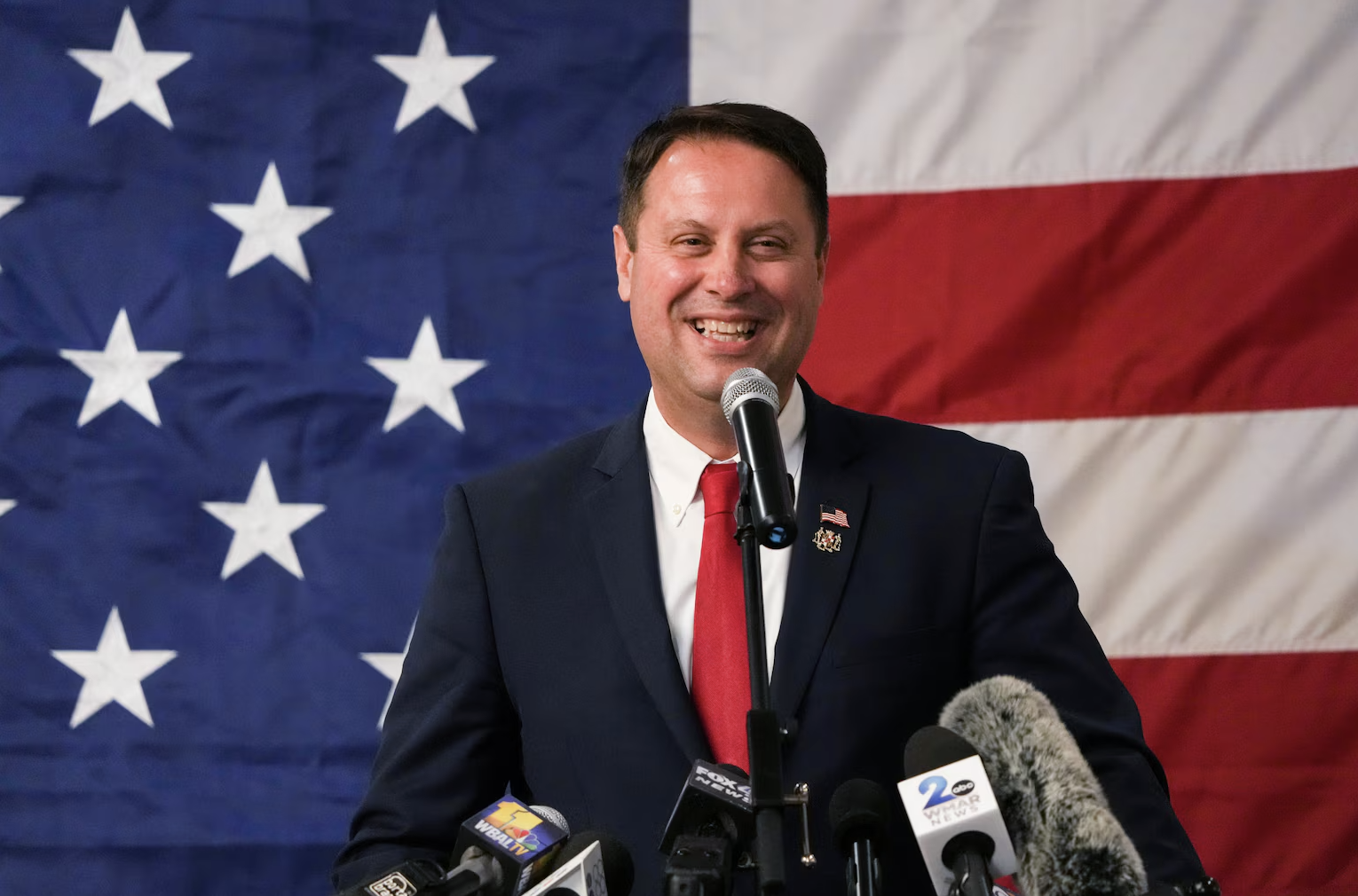
By PAMELA WOOD | Dan Cox, a Republican who was resoundingly defeated by Democratic Gov. Wes Moore four years ago, has filed to run for governor again this year.
Cox’s candidacy was posted on the Maryland elections board website Friday; he did not immediately respond to an interview request.
Cox listed Rob Krop as his running mate for lieutenant governor.
The rest of this article can be found on the Baltimore Banner’s website.
Maryland
Expanded PrEP access among FreeState Justice’s 2026 legislative priorities
Maryland General Assembly opened on Jan. 14
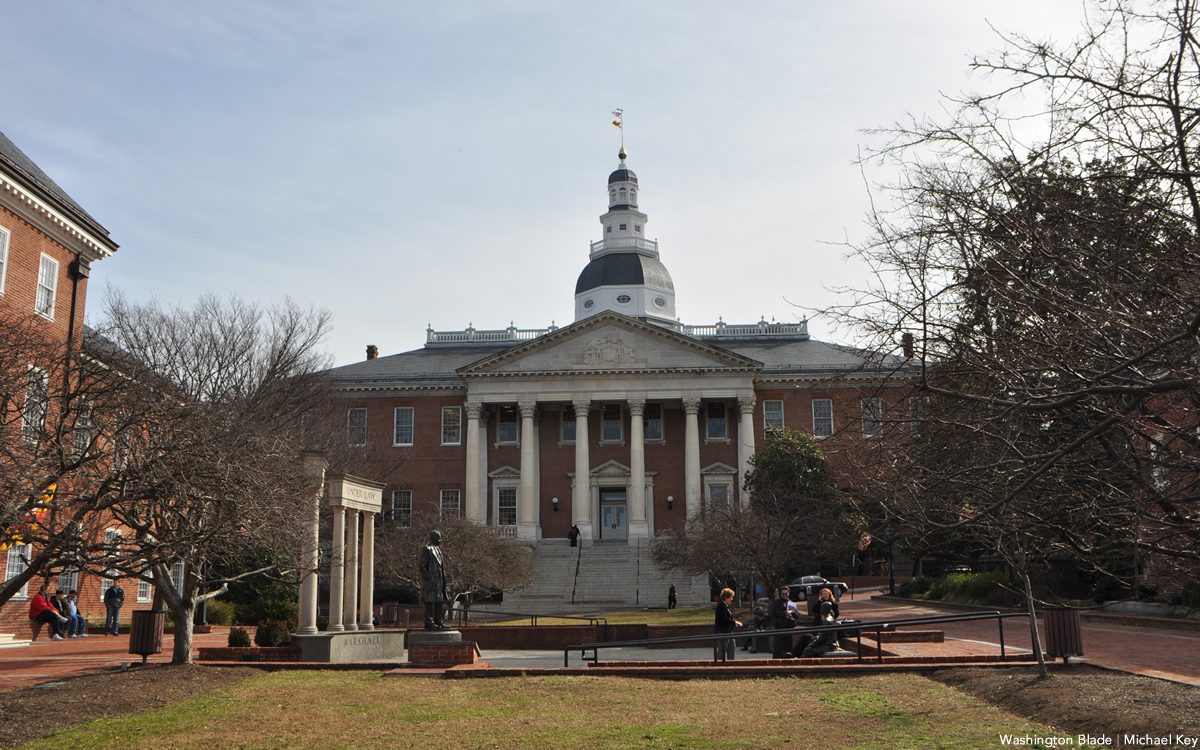
FreeState Justice this week spoke with the Washington Blade about their priorities during this year’s legislative session in Annapolis that began on Jan. 14.
Ronnie L. Taylor, the group’s community director, on Wednesday said the organization continues to fight against discrimination against people with HIV/AIDS. FreeState Justice is specifically championing a bill in the General Assembly that would expand access to PrEP in Maryland.
Taylor said FreeState Justice is working with state Del. Ashanti Martinez (D-Prince George’s County) and state Sen. Clarence Lam (D-Arundel and Howard Counties) on a bill that would expand the “scope of practice for pharmacists in Maryland to distribute PrEP.” The measure does not have a title or a number, but FreeState Justice expects it will have both in the coming weeks.
FreeState Justice has long been involved in the fight to end the criminalization of HIV in the state.
Governor Wes Moore last year signed House Bill 39, which decriminalized HIV in Maryland.
The bill — the Carlton R. Smith Jr. HIV Modernization Act — is named after Carlton Smith, a long-time LGBTQ activist known as the “mayor” of Baltimore’s Mount Vernon neighborhood who died in 2024. FreeState Justice said Marylanders prosecuted under Maryland Health-General Code § 18-601.1 have already seen their convictions expunged.
Taylor said FreeState Justice will continue to “oppose anti anti-LGBTQ legislation” in the General Assembly. Their website later this week will publish a bill tracker.
The General Assembly’s legislative session is expected to end on April 13.
-

 Colombia5 days ago
Colombia5 days agoLGBTQ Venezuelans in Colombia uncertain about homeland’s future
-

 Sports5 days ago
Sports5 days agoBlade, Pride House LA announce 2028 Olympics partnership
-

 Calendar5 days ago
Calendar5 days agoCalendar: February 6-12
-

 District of Columbia5 days ago
District of Columbia5 days agoD.C. non-profits find creative ways to aid the unhoused amid funding cuts



